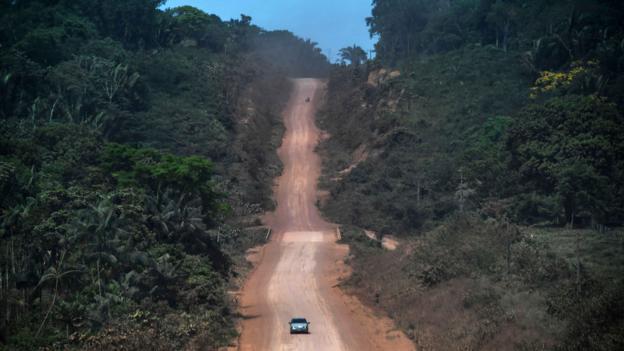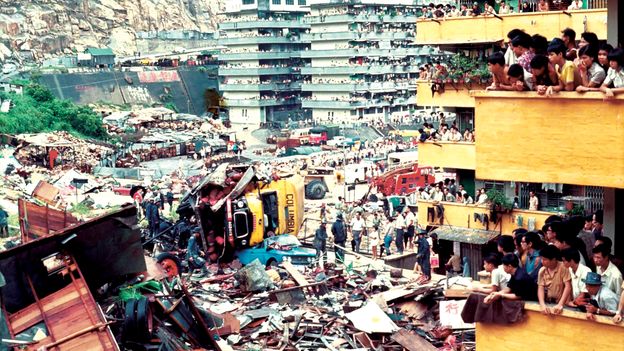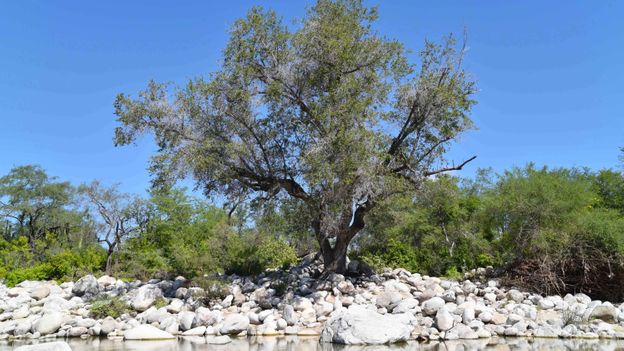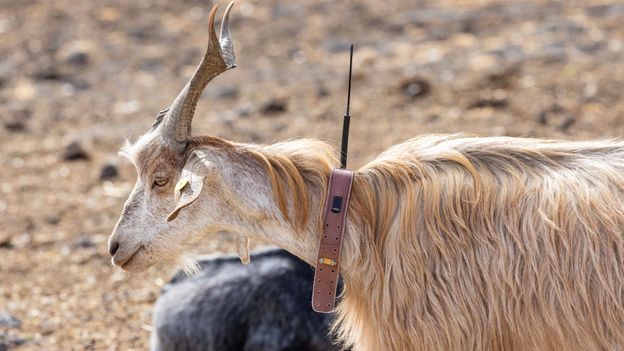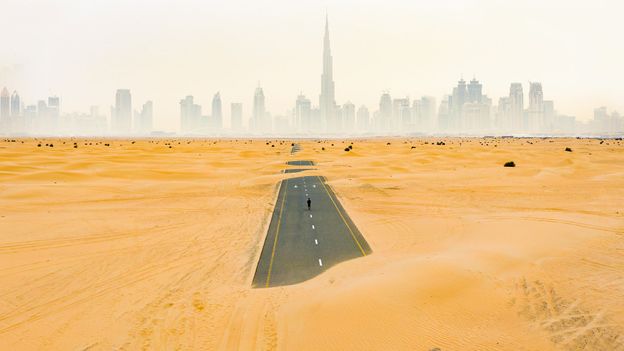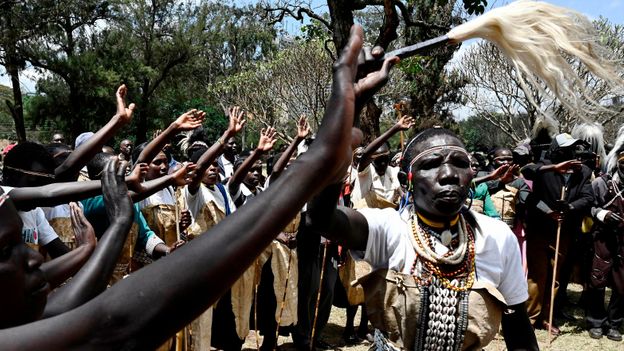Brazil confirmed its first case of coronavirus on 28 February, but while most of the economy has since come to a halt as state and municipal government implement lockdown measures, deforestation has not. In April, rainforest destruction increased 64%, compared with the same month last year, according to the country’s space research agency, INPE. In the first four months of 2020, rainforest destruction rose by 55%, compared with the same time last year, clearing an area of 1,202 square kilometers (464 square miles).
“What we have seen with deforestation is that people are not afraid because they apparently think ‘the government is distracted with this health crisis, they won’t pay attention to us’,” says Ane Alencar, science director of the Brazilian environmental organisation, IPAM. “It’s an opportunistic thing.”
In March, the country’s two environmental enforcement agencies, Ibama and ICMBio, cut their forest monitoring services. The agencies said mobility restrictions impeded their ability to carry out their tasks, and they couldn’t risk the health of their staff or indigenous communities by trying to continue regular service.
Alencar says the majority of deforestation in 2020 so far happened through land grabbing of public property. Data released by IPAM show that the first three months of this year, 53% of this destruction took place on undesignated public land, protected areas and indigenous territories, compared to 38% last year. This will likely be turned into cattle land, Alencar says.
Deforestation in Brazil has spiked since last year, when President Jair Bolsonaro took office. Shortly after being sworn in, he began promoting the development of the Amazon rainforest, including indigenous reserves, calling it necessary to lift locals out of poverty. Last week, Bolsonaro authorised the army to deploy in the Amazon to fight fires and illegal logging. But environmentalists say this will not solve the problems on the ground in the long term. Alencar, and other conservationists, say the president’s own policies have helped bolster land grabbing, as well as illegal mining and logging.
Forest fires
Conservationists are concerned that the increased deforestation they are seeing in lockdown will lead to even bigger forest fires during Brazil’s dry season than were seen last year. Forest fires in the Amazon generally occur during the dry season when people employ a slash and burn method to turn forest into agriculture land. In 2019, Brazil’s forest fires increased by 84% compared with 2018. Smoke from the fires led to a public health alert, causing respiratory illnesses in people living in nearby cities.

